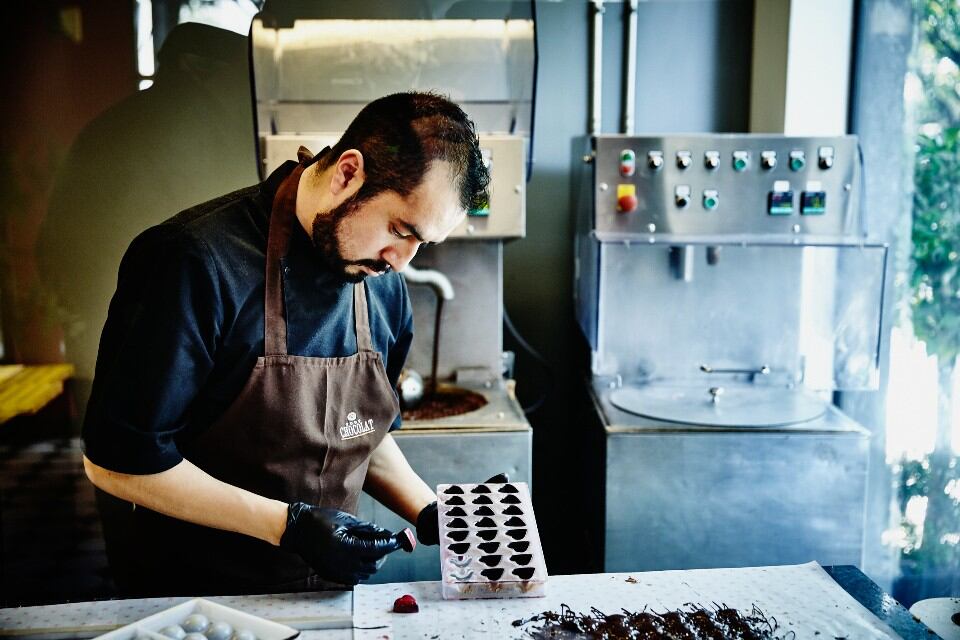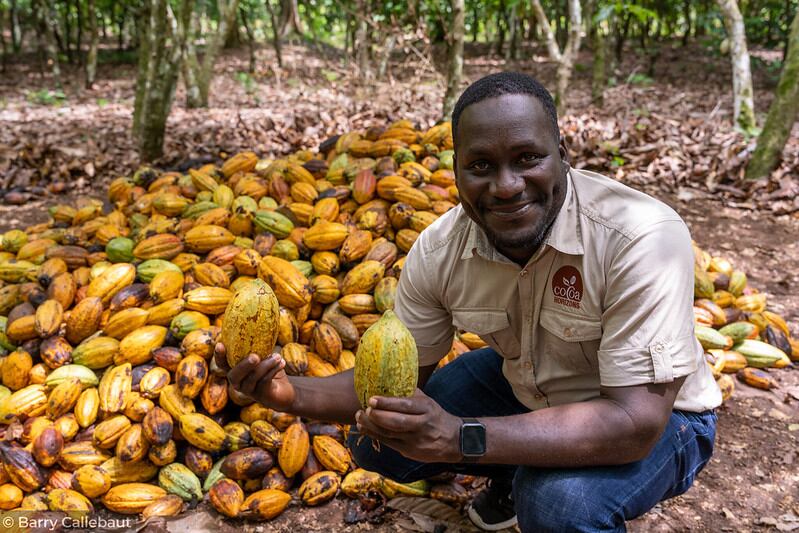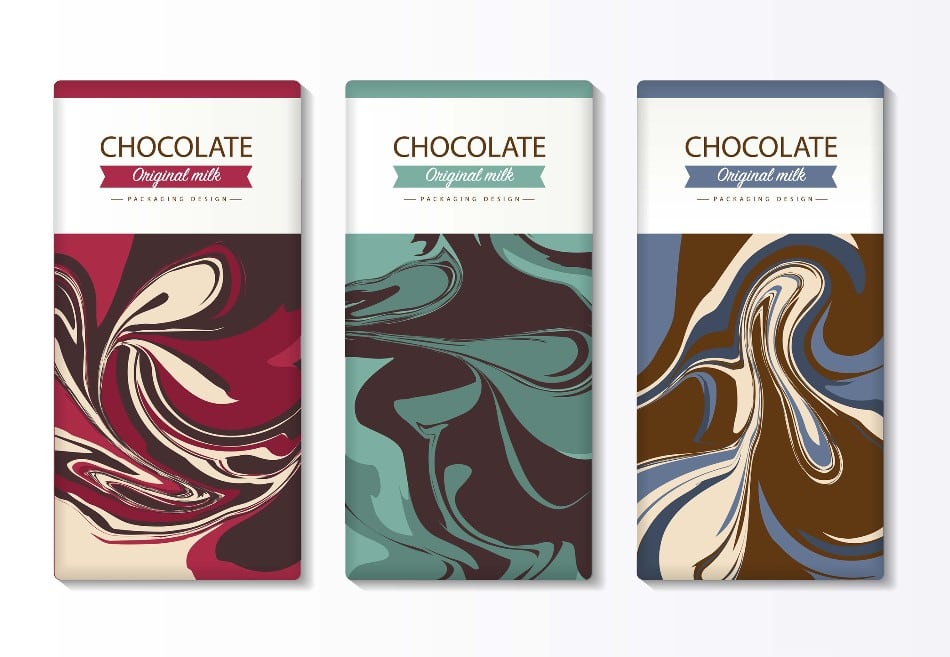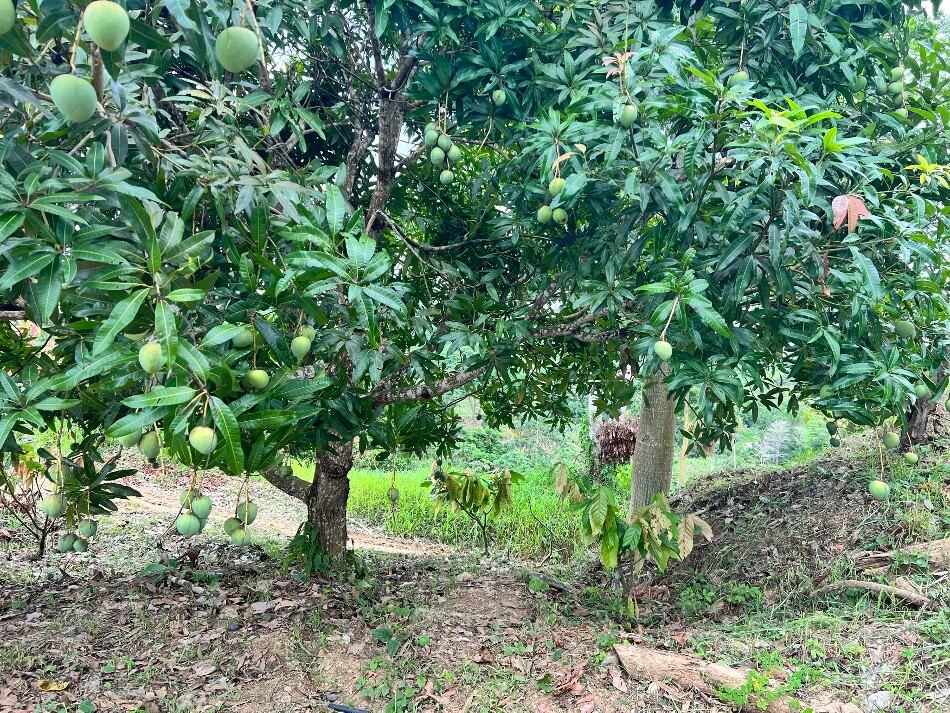Even though the craft chocolate community has emerged as a champion for supply chain transparency within the chocolate industry, the need for regulation is slowing down progress toward true sustainability, research authors claim.
In general, transparency is motivated by improving environmental and social outcomes in cocoa origins. Still, with a need for more rigorous scientific evidence attributing transparency to such outcomes, the extent to which society benefits from industry transparency remains to be seen.
The research claims to provide a first step towards understanding the potential impact of transparency by studying how craft chocolate makers define the concept.
“Specifically, we ask what information is disclosed, by whom, how, and why. Our practice-based research methods include collaboration with a key actor in the craft chocolate community: The Chocolate Alliance, an industry platform based in the United States.”
The research also indicates that while ethical cocoa sourcing is a significant motivator for transparency, craft chocolate makers were also driven by product quality and supply chain objectives. Notably, makers prioritised sharing information they believed would resonate with consumers and encourage purchase, challenging the notion that non-market goals wholly drive these companies.
A ‘tropical forest risk commodity’
Cocoa, the main ingredient in chocolate, is a climate-sensitive tree crop that can only be grown in tropical ecosystems close to the equator and has been described as a ‘tropical forest risk commodity’, which typifies the situation where cocoa production is a primary driver of deforestation in tropical rainforests, leading to significant biodiversity loss, carbon emissions, and microclimate change through irregular climate cycles.
As well documented, cocoa production is associated with labour exploitation, human rights violations, and indigenous rights infractions. While the chocolate industry has responded to calls for ethical cocoa sourcing and greater supply chain transparency through the creation of myriad sustainability programmes, the impact of these efforts remains to be seen, researchers note.
“With the acceleration and digitization of supply chain data, many see transparency as the answer to many global environmental challenges like tropical deforestation and modern-day slavery,” Sophia Carodenuto, project lead, UVic geographer, University of Victoria, Canada, told ConfectioneryNews. “But we found that without regulation, companies with global supply chains are self-selecting what data they disclose, and some are even using transparency as a marketing tool that masks the ugliest parts of their supply chains.”
Carodenuto and lead author, grad student Sid Boegman, said they believe that transparency is essential, but only the first step in building ethical supply chains and also highlight the following points in their research:
• Craft chocolate companies overwhelmingly share base transparency information, notably cacao origin.
• Key communication channels for transparency information include packaging, websites, social media, and word of mouth.
• Craft chocolate makers are highly internally ethically motivated to be transparent.
• Additional motivators include achieving a high-quality product, trust in supply chains, and stronger customer connections.
• Craft chocolate companies frequently prioritize disclosing transparency information that will resonate with consumers.
Commodity traders
Carodenuto recently wrote a blog post for the World Cocoa Foundation on the role of commodity traders, whom she describes as the intermediary nodes in the supply chain linking farmers to consumers, in implementing sustainability commitments.
“Our research has confirmed that traders are critical partners in implementing the downstream commitments of chocolate retailers and manufacturers. However, traders are also shaping the content and delivery of sustainable sourcing practices in the cocoa sector, creating their own sustainability programs with varying degrees of external oversight. This comes with opportunities and risks.
“We argue that traders exhibit multiple comparative advantages in becoming lead actors for sustainable commodity production due to their ability to act as connectors and translators, both vertically along the value chain and horizontally between different types of commodities,” she said.
Studies:
- Journal of Agriculture and Food Research - Seeing through transparency in the craft chocolate industry: The what, how, and why of cacao sourcing, Volume 14, December 2023, 100739
- Traders as sustainability governance actors in global food supply chains: A research agenda




